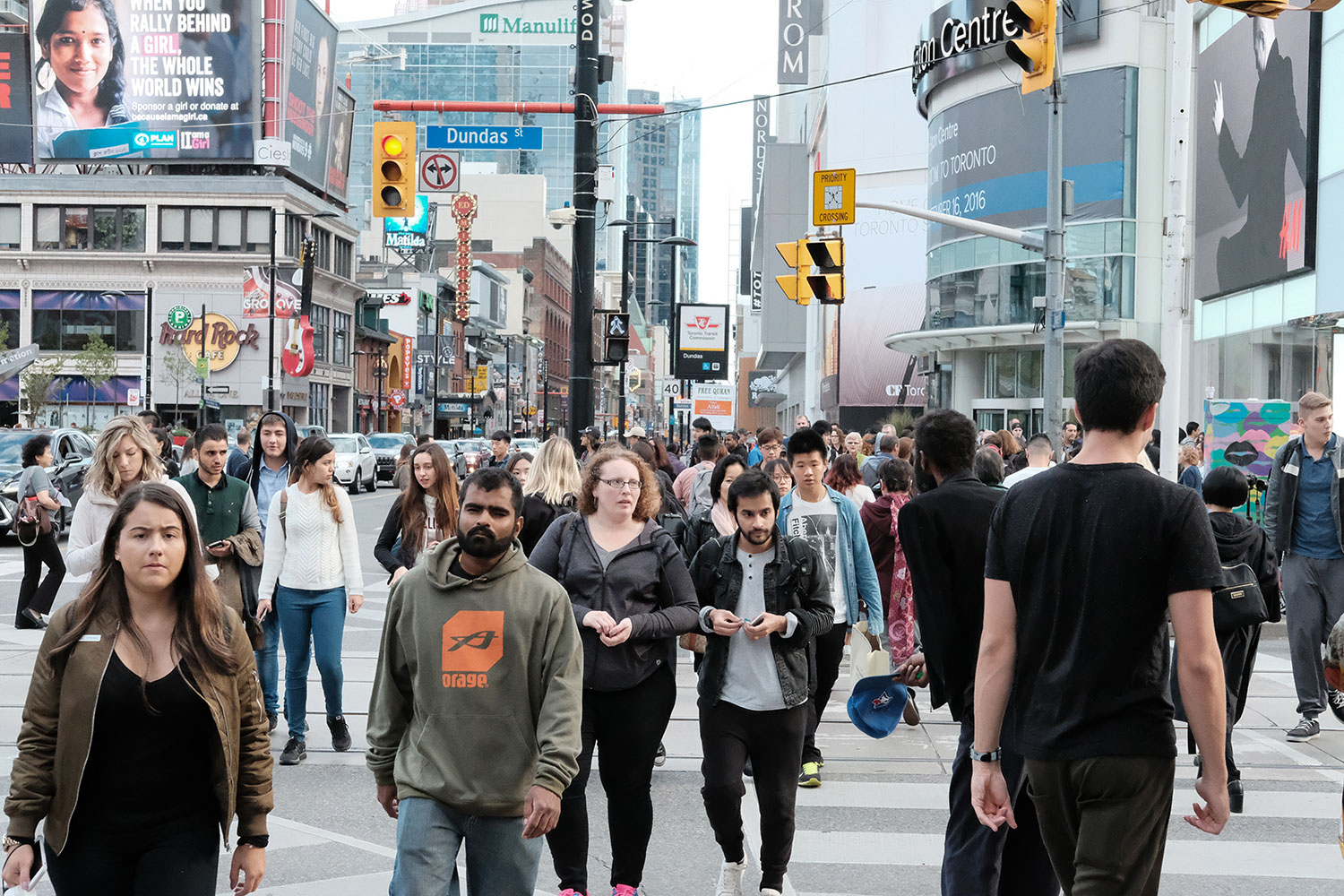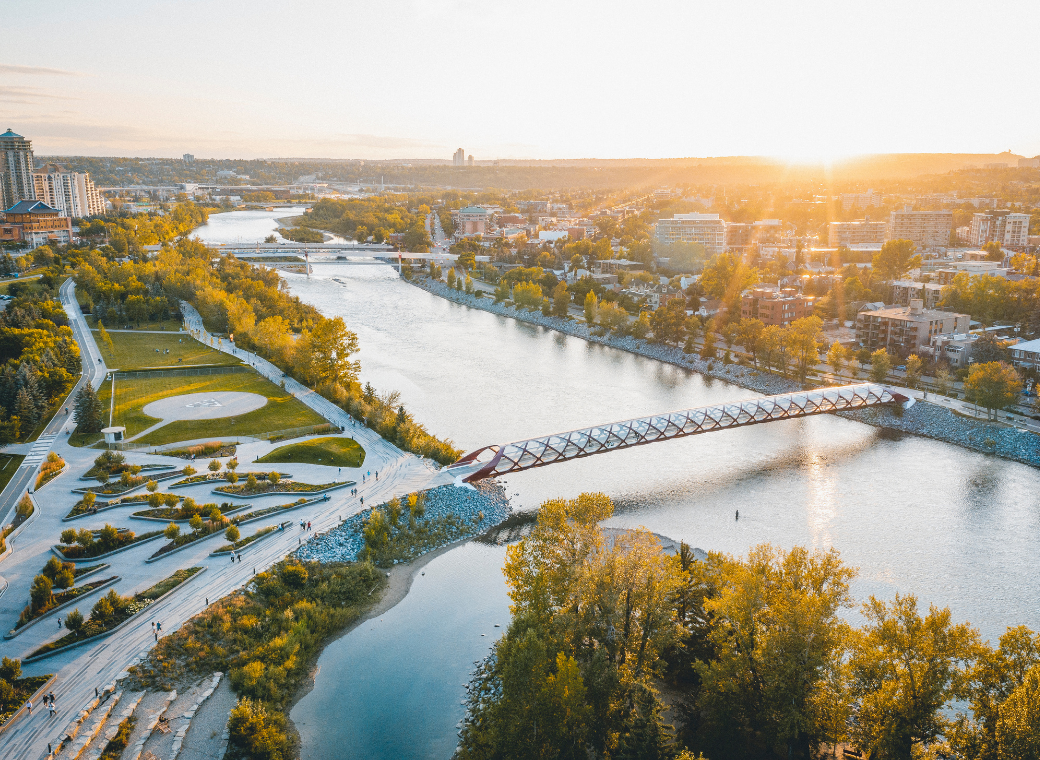
March 14, 2018 | Mario Toneguzzi
Density dilemma
 Study finds major Canadian cities have room to improve when it comes to densification
Study finds major Canadian cities have room to improve when it comes to densificationDensification is a buzzword now in the real estate industry, and it's certainly on the minds of many policy makers in cities across Canada, including Calgary.
If you travel to cities around the world, you will see firsthand how the other half lives, so to speak. More people are living close together in those global cities.
Meanwhile, in Calgary, urban sprawl is the norm, as new communities continue popping up on the ever-expanding fringes of the city. Granted, there has been a push in recent years for more density.
I recently came across a fascinating study by the Fraser Institute public policy think tank that looked at the density levels of major urban centres around the world and how Canadian cities ranked. The results were interesting.
The study found that Canadian cities, including Toronto and Vancouver, can accommodate much more housing supply, as they have much lower population densities than other major urban centres across the globe.
"Canadian cities can become significantly more dense, and possibly more affordable, without sacrificing living standards." - Josef Filipowicz, Fraser Institute senior policy analyst
"Compared to their international peers, Canadian cities have much lower levels of density, and thus an ability to expand the supply of housing," said Josef Filipowicz, senior policy analyst with the Fraser Institute's Centre for Municipal Studies and author of "Room to Grow: Comparing Urban Density in Canada and Abroad."
The study compared population densities in 30 different metropolitan centres in high-income, developed countries.
When you look at population density, which is the number of inhabitants per square kilometre, Hong Kong led the way at a stunning 25,719, followed by Paris at 21,067.
Now that's a few too many people for my liking, and likely for the vast majority of Canadians as well. But how did Canadian cities rank?
Well, Vancouver was Canada's densest major city, with 5,493 people per square kilometre, followed by Montreal at 4,916 and Toronto at 4,457.
Calgarians have a lot more elbow room, with only 2,112 people per square kilometre. This abundance of space is one of the reasons why discussions of density and densification have come to the forefront here in recent years.
"Canadian cities can become significantly more dense, and possibly more affordable, without sacrificing living standards," said Filipowicz.
According to the Fraser Institute report, Canada is one of the world's most urban countries, despite the fact it covers such a huge geographical area. More than 80 per cent of Canadians live in cities and towns.
"Canada's most successful metropolitan areas continue to attract new workers and families, and as a consequence, they must adapt physically as well," the report reads. "Namely, they face pressures to grow outward - through the construction of new communities at the urban fringe - and upward - by accommodating more residents in existing urban areas.
"When the outward growth of cities comes up against restrictions such as mountains, water bodies, or protected rural lands, growing cities must pursue the latter growth strategy, which results in higher population densities."
The report is correct in suggesting that as Canada's most desirable cities – including Calgary – continue to expand, they also face pressure to grow their footprint and accommodate more people within existing neighbourhoods, including inner-city communities in and around the downtown core. That, of course, is the discussion taking place on a more frequent basis here in Calgary. But if the Fraser Institute's report is to be believed, there is certainly room for Calgary to become a denser city.
Tagged: Calgary | Calgary Real Estate News | densification | Density | Guest Column | Hong Kong | intensification | Montreal | Toronto | urban sprawl | Vancouver




